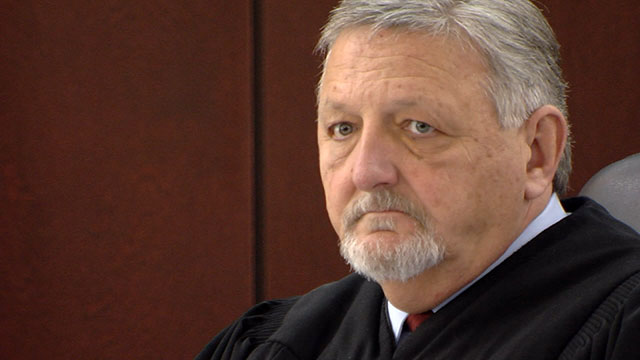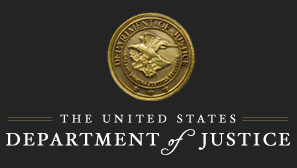TENNESSEE
A federal judge sentenced a former Davidson County, Tennessee judge on Monday to three years and eight months in prison, according to authorities.
Chief U.S. District Judge Waverly D. Crenshaw Jr. also ordered Cason “Casey” Moreland, 61, to pay restitution of $18,000 and a forfeiture of $13,500 for obstruction of justice, witness tampering, and stealing money from an organization receiving federal funds, officials said.
Moreland, of Smyrna, Tennessee, plead guilty to the charges on May 24, according to officials.
According to Moreland’s plea agreement, in January 2017, the FBI began investigating whether Moreland solicited sexual favors in exchange for favorable judicial treatment while sitting as a General Sessions Court Judge in Nashville and Davidson County, Tennessee.
Moreland admitted that in February 2017, he became aware that he was a target of an investigation and took steps to try to obstruct it.
Specifically, he devised a scheme to pay a material witness to sign a false affidavit recanting her previous statements, which implicated his criminal conduct in trading judicial favors for sex.
He also devised a scheme to have drugs planted in the witness’s car, and then to have her stopped by police, so that she would be arrested and her credibility would be destroyed.
Moreland carried out these schemes by using a burner phone registered in the name of “Raul Rodriguez” and communicating with an individual who subsequently became an informant, working at the direction of the FBI, according to officials.
Moreland also admitted his illegal involvement with the General Sessions Drug Treatment Court, a specialized court program designed to provide alternatives to jail for certain defendants, officials said.
The work of the Drug Treatment Court was supported by a nonprofit entity called the Davidson County Drug Court Foundation, known as the “Drug Court Foundation.
Although Moreland did not have an official position with the Drug Court Foundation, he admitted that he exercised de facto authority over the Drug Court Foundation’s operations, according to officials.
In connection with his plea agreement, Moreland admitted that beginning in spring 2016, he began embezzling cash from the Drug Court Foundation by directing the Drug Court Foundation’s director to deliver to his office envelopes of cash that she had collected from individuals seeking outpatient treatment for substance abuse.
Then, in February 2017, after learning of the FBI’s investigation, Moreland instructed the Drug Court Foundation’s director to destroy all documents and records relating to the cash payments that he had embezzled.
Finally, in February 2018, at a time when he was on pre-trial release for the original charges, Moreland admitted that he attempted to tamper with a witness by suggesting to the Drug Court Foundation’s director that she lie to the grand jury investigating his conduct.


